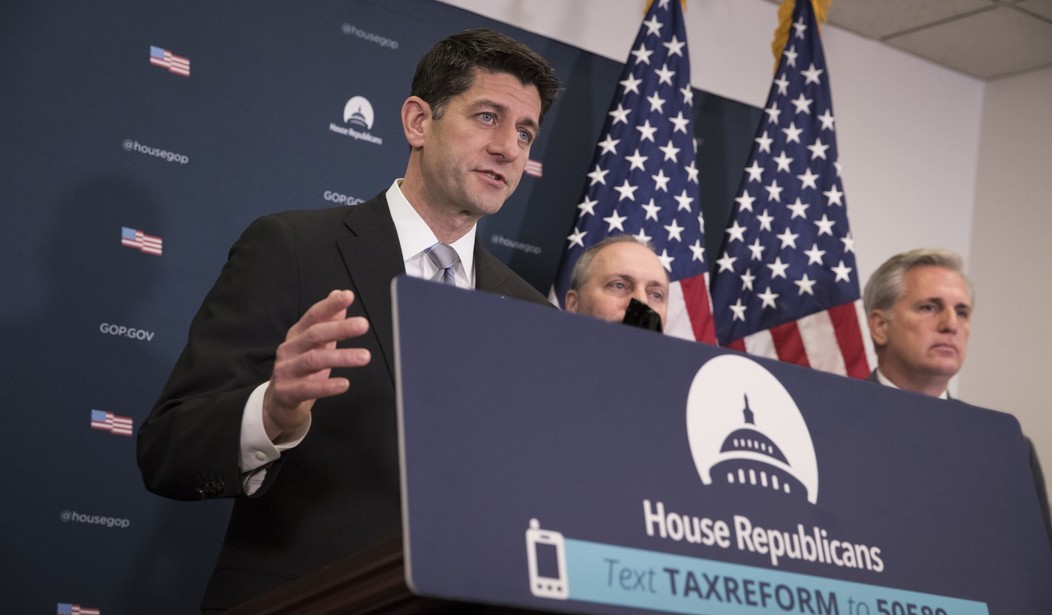In the latest episode of governance-by-crisis, in which the government faced a shutdown if a budget was not passed, the president signed into law a $1.3 trillion omnibus spending bill from Congress last week. The groundwork for this omnibus was laid out in last month’s Bipartisan Budget Act of 2018 (BBA), a deal that wiped away the last remnants of fiscal restraint enacted in the Budget Control Act of 2011 by gutting its caps. A realistic analysis of the deal’s impact suggests that its cost will be up to $1.66 trillion - five times as much as advertised.
On paper, the Congressional Budget Office’s (CBO’s) score of the bill found that it added “just” $320 billion to the deficit over the ten years. However, a new National Taxpayers Union Foundation (NTUF) analysis of the BBA accounting for budgetary gimmicks - such as fake savings and use of “temporary” policies that will almost certainly be extended - finds that the ultimate deficit impact is likely to be $1.66 trillion. This more realistic view shows that the frivolous spending associated with the BBA more than outstrips the deficit impact of the recent tax reform bill.
Under its scoring rules, CBO generally must take the written text of legislation at face value. A “temporary” provision is assumed to end when its authorization expires, even if everyone in Washington knows it will be extended. Lawmakers often take advantage of this when drafting legislation to get a better score from the agency. The BBA is a prime example of this.
CBO’s analysis listed 31 spending reductions totaling $98 billion, mostly occurring toward the end of the decade. Over its first five years, the BBA would increase outlays by $69 billion per year. Annual savings of $7 billion would occur during years six through ten. Unfortunately, the most egregious gimmicks thrown into the BBA were savings that won’t likely occur. The largest of these is the return of the budget sequester many years from now. Taxpayers are expected to believe that Congress will adhere to $36 billion in savings down the road even as current caps spending are being boosted.
Recommended
The BBA would also cut spending from programs like the Medicaid and Medicare Improvement Funds. However, funds for these programs have previously been authorized years in advance only to be rescinded before they are ever spent. This is a frequent trick lawmakers use to generate artificial savings. Another “offset” in the BBA would increase reductions to Medicaid Disproportionate Share Hospital Allotments while further delaying their implementation. Altogether, $41 billion of the savings vanish under more realistic assumptions.
The BBA also returns to the “bad old days” of making tax policy by retroactively extending a grab bag of “temporary” tax breaks that reduce revenues by $12 billion. Making these permanent would add $86 billion to the deficit picture. Similarly, assuming permanence for another round of short-term extensions of over a dozen health care programs in the BBA would add $29 billion in deficit spending.
Additionally, it’s likely that the spending increases that theoretically exist only for the next two years will be made a permanent part of the budget, adding over $1 trillion in new outlays over the course of the decade.
The budget process is not working: budget calendar deadlines spelled out in the Budget Act of 1974 are seldom met, Congress ends up passing unwieldy omnibus spending packages instead of ordinary appropriations bills, and the long-term budget picture is loaded with red ink. The frequent gaming of scorekeepers by using phantom spending offsets and expiring provisions only exacerbates the problem.
Only with real numbers can Congress face reality and begin necessary reform to out-of-control spending. That means budgeting honestly, and working to provide Congressional scorekeepers with the tools to perform accurate analysis. Gimmick-filled packages like the BBA, this week’s omnibus, and CBO’s analysis of them, are the “fake news” of legislation and taxpayers can’t afford them.
Demian Brady is the Director of Research for the National Taxpayers Union Foundation, a public-interest nonprofit dedicated to education about federal government policy.

























Join the conversation as a VIP Member